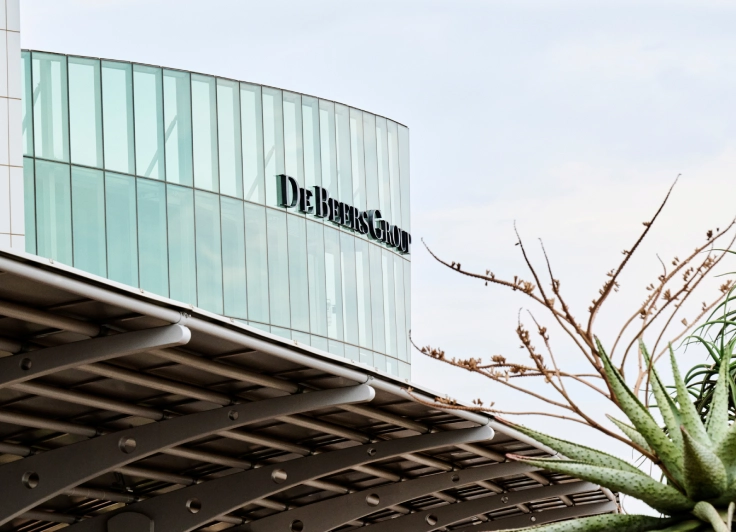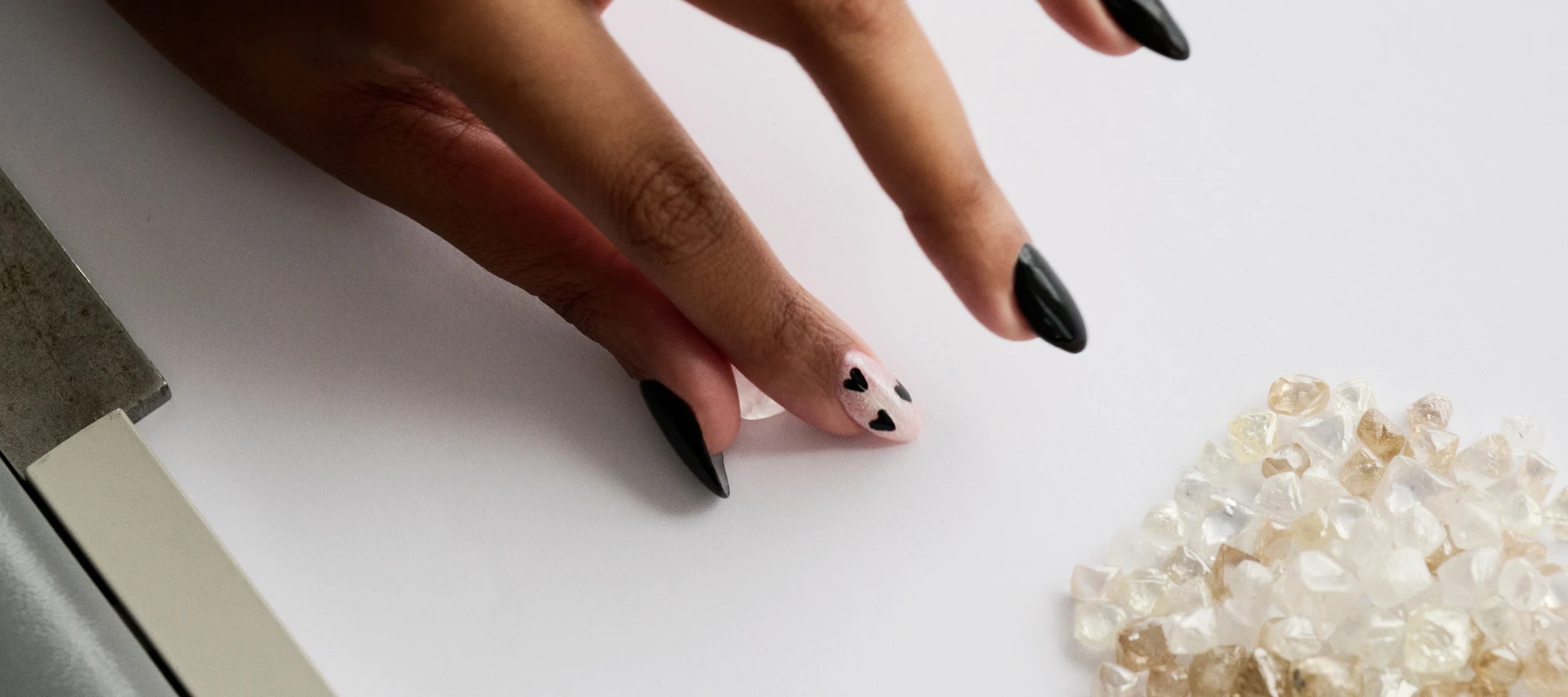For De Beers, we want to ensure that as much of the value of diamonds as possible is realised within the countries where they are found.
This means retaining the value-adding stages of a diamond’s journey – such as cutting and polishing – domestically, which in turn helps to create ancillary industries in our partner countries. We call this ‘beneficiation,’ by which we mean extending the participation of citizens along our value chain, further on from mining.
Our beneficiation initiatives are designed to help develop local diamond cutting, sorting and polishing industries in our partner countries. For example, we relocated our global rough diamond sales business from London to Gaborone, Botswana in 2013, resulting in a significant transfer of economic activity.

Ending a 70-year tradition
De Beers sold its international rough diamond supply in London for more than 70 years, so the relocation of the global sales function in 2013 to Botswana was a huge logistical undertaking. We built a new secure sales facility in Gaborone, developed new security services and transferred technology and systems. We also upskilled hundreds of citizens in specialised diamond sorting and trading jobs.
The Government of The Republic of Botswana also upgraded the international airport in Gaborone and improved access roads to support the increase in business and the movement of people. Now, ten times a year, about 200 representatives of the world’s leading diamond manufacturers and traders from across the world travel to Gaborone to buy rough diamonds from De Beers.
Incentivising local manufacturers
We ring-fence a percentage of our rough diamond supply by value to diamond manufacturers who have cutting and polishing factories in our host countries, creating incentives to retain more diamonds in country throughout the next stages of the value chain.
Supporting local diamond cutting businesses in South Africa
Our Enterprise Development Programme for diamond beneficiators has been running since 2016. It was designed specifically to support historically-disadvantaged South Africans with diamond cutting businesses – particularly new entrants to the sector who face competitive challenges locally and internationally. The programme aims to improve industry and business knowledge and foster opportunities to gain experience in rough diamond purchasing and manufacturing (cutting diamonds), as well as in the marketing and distribution of finished products to the polished diamond market.
One person involved in this initiative was Molefi Letsiki. Molefi is a second-generation diamantaire, whose father worked as a diamond master cutter for over three decades. He was among the first cohort of the programme and since then Molefi Letsiki Diamonds has become the first majority black-owned business to achieve Sightholder status for De Beers.
“I am overjoyed by the opportunity afforded to me by De Beers. The progression of moving from a small diamond business to achieving Sightholder status has long been an aspiration for Molefi Letsiki Diamonds. I would like to express my gratitude to the De Beers team for the support they have given me through the Enterprise Development Programme."
Diamantaire, Molefi Letsiki Diamonds


